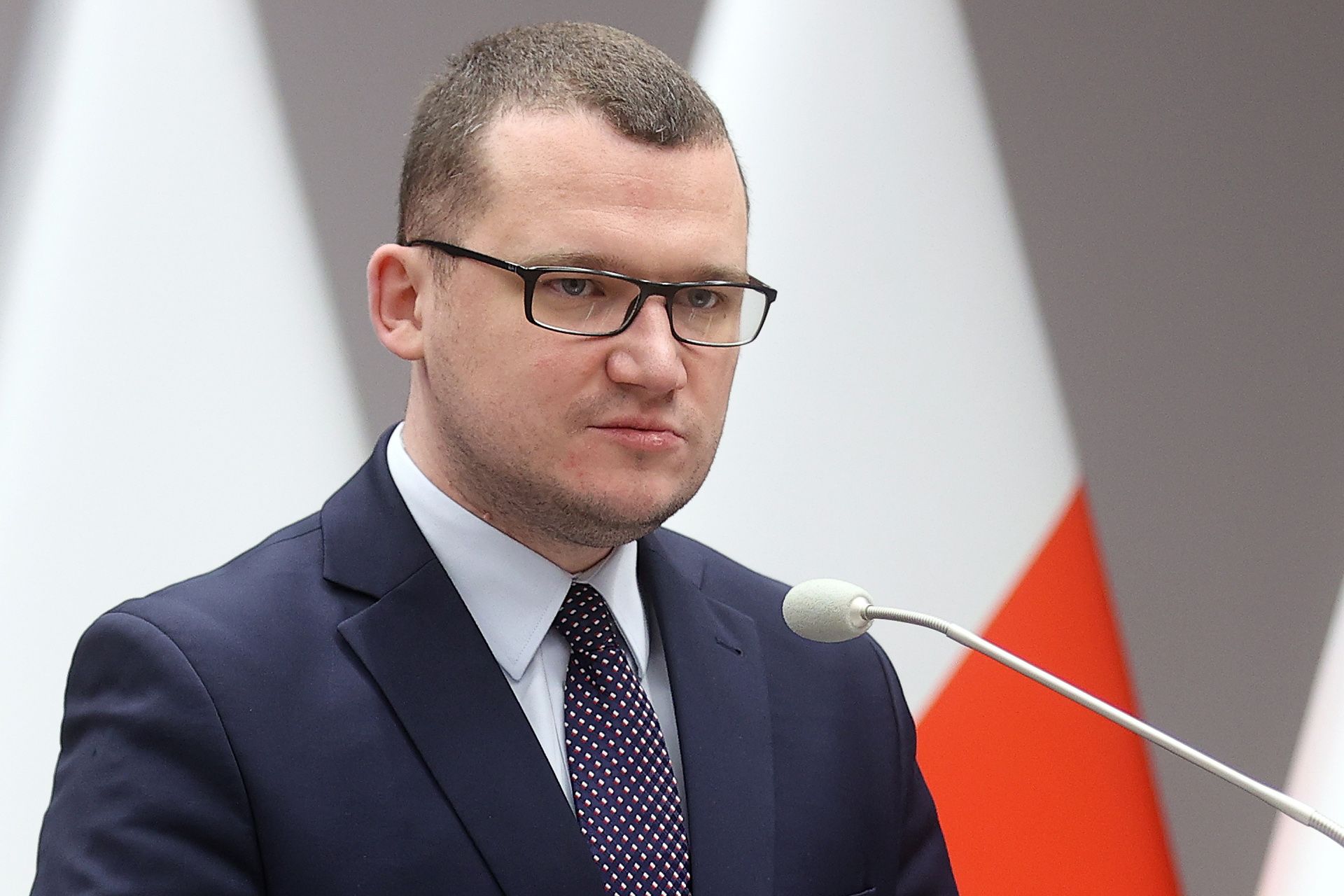At the session of the EU Transport Council held on 6 June, 27 associate States agreed to charge part of the hand baggage carried on board an aircraft if it did not meet the requirements of size. This is part of a broad improvement of air passengers' rights. Although Spain and Germany, together with Portugal and Slovenia, opposed these solutions, the majority of the countries approved the fresh rules by majority.
New hand luggage model
The improvement introduces the classification of "new free hand baggage" – it is intended to be a comparatively tiny bag, located under the seat. All larger items that passengers want to take aboard will be subject to a separate service fee. This changes the existing law, which afraid only checked baggage. The airline will so decide how to specify and separate free hand luggage from this paid one.
Compensation and rights of passengers
With hand-held fees, the EU besides updates the provisions on delays and compensation. Passengers with home and intra-Union flights, delayed by more than 4 hours, are now entitled to EUR 300 compensation and EUR 500 for long-distance flights after 6 hours of delay. In addition:
- The carrier is required to offer alternate transport (if denied boarding) up to a maximum of 3 hours, e.g. by another carriers or a replacement means of transport.
- If this is not possible, the passenger can finance the journey and request a refund of up to 400 % of the ticket price.
- The carrier may not trust on ‘extraordinary circumstances’ unless it proves that it has taken all possible preventive measures.
- During the delay, the lines must supply food, drinks, accommodation and transport, and if they do not do so, the passenger will bear the costs he will be able to recover.
In addition, information requirements have been improved – passengers must be given clear information about their rights erstwhile booking, check-in and complaints. The increasing deadlines are besides important: the complaint can be filed for up to 6 months and the lines are required to respond within 14 days.
Dariusz Klimczak, Polish Deputy Minister of Infrastructure and typical of the Presidency of the EU Council, described the improvement as a "historic milestone" – the first crucial amendment in 12 years. He stressed that the most anticipated changes - the clarity and complexity of passenger rights - had yet become a reality.
Consumer opposition
Consumer organisations specified as BEUC (European Consumer Union) powerfully criticise the hand baggage records. They believe that the reforms restrict the fundamental rights of passengers, already approved by the EU Court of Justice. According to BEUC, hand baggage charges are illegal and most compensations from the fresh regulations are unrealistic. In their opinion, delays between 2 and 4 hours will stay uncompensated, which will importantly worsen the position of consumers.
Agustín Reyna, manager of BEUC, argues that fees for average hand baggage have already been recognised by the European Court as “illegal” – many low-cost lines “exploit” passengers despite regulations. As an example, 5 companies punished by the Spanish consumer office together with a claim of €179 million fine.
It was Spain and Germany who led the run against hand baggage charges. The Spanish authorities imposed evidence penalties on Ryanair, EasyJet and Vueling – for illegal charging and concealing costs. The Spanish court besides ordered the return of €147 to a passenger struck by unfair billing of baggage. Germany – besides opposed – has agreed on action within the EU Council to encourage EU countries to hold a "free item of hand baggage" in peculiar as passenger rights.
Airlines defend practice
From the point of view of low-cost lines specified as Ryanair, easyJet or Wizz Air, baggage separation and tolls are key elements of the business model. Kevin Hiney (Airlines for Europe) argues that diversifying service packages allows competitive prices and simpler logistics management. Michael O’Leary, the head of Ryanair, accused Spain of "infringing EU law" and defended the rights of carriers to establish their own tariff rules. On the another hand, Michael Bodley of Steele Raymond notes that Spanish rulings may affect EU and UK rules, but at the same time lead to an increase in tickets – fees can shift to basic tariffs.
Future: European Parliament and negotiations
The current position of the Council is only a step – the next is the alleged "step" of the European Parliament, which has majority approval and can amend the provisions. If Europarliament approves it, a trialogue will start between the Council, Parliament and the European Commission. The consumer may inactive have an impact on the final form of the rules – but the procedure is accelerated, which raises the concerns of the opposing party.











![Sąd pokazał jak obliczyć zachowek od mieszkania 191 500 zł. Dla córki, syna, wnuka. Obliczenia. Zasady. Wzory [Przykład]](https://g.infor.pl/p/_files/38265000/podwyzki-38264590.jpg)


